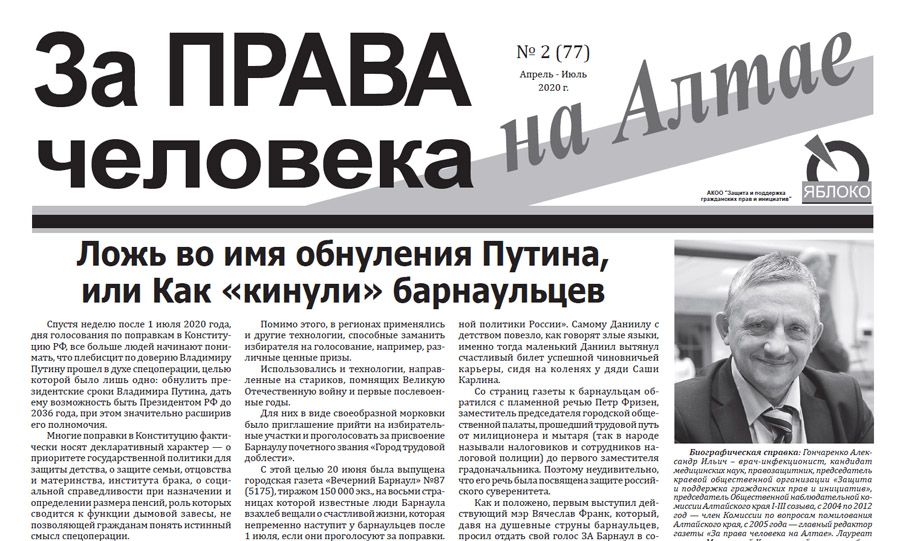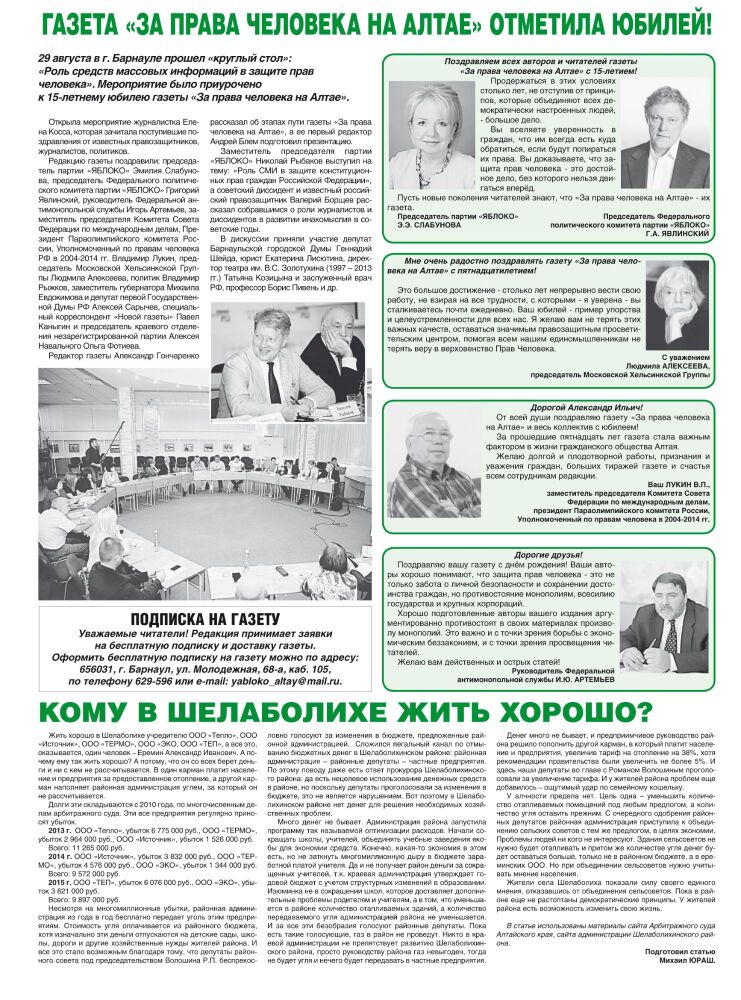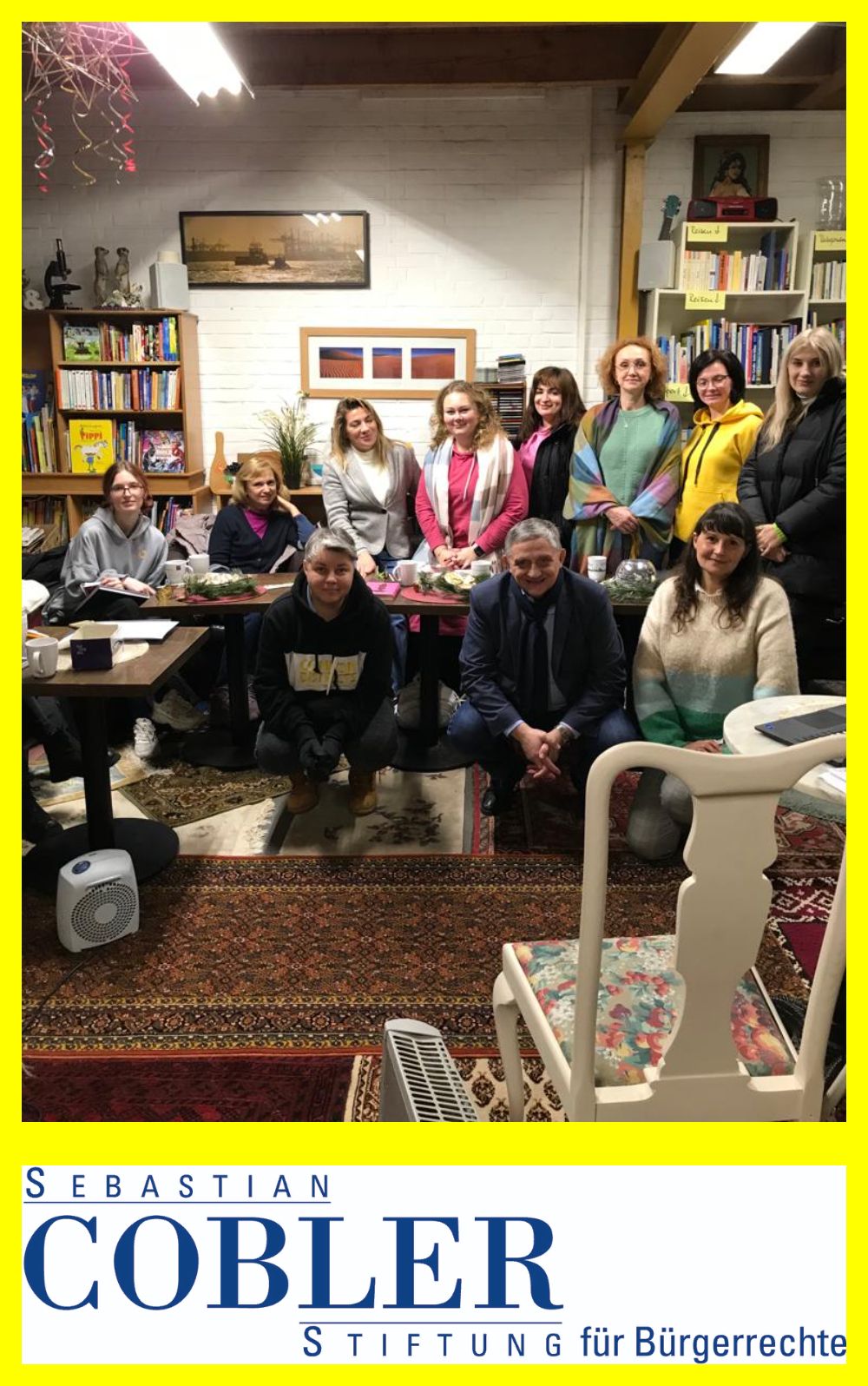On 18 September I read the news in several Telegram channels, including the "Important Stories" channel: "Putin nationalised the printing houses of the Norwegian holding Amedia, where Novaya Gazeta was printed. Amedia's stakes in the Prime Print printing houses in Moscow, Yekaterinburg, Novosibirsk, Chelyabinsk and Voronezh were nationalised. After Russia's full-scale invasion of Ukraine, Amedia announced that control over the printing houses would be transferred to Dmitry Muratov, editor-in-chief of Novaya Gazeta, whose publication was printed at the holding's facilities. This is how the Norwegians wanted to support independent media during the military censorship in Russia. The Voronezh printing house was to be transferred to Alexander Lapin".
Vladimir Putin decided to dispose of the property of the Norwegian holding Amedia in his own way. He decided not to give the property of a foreign owner into the honest hands of Nobel Prize winner, and since September 1, according to the Russian Ministry of Justice, also a "foreign agent" Dmitry Muratov, but to nationalise it and give it to his cronies for "feeding" in dishonest hands.
This is not the first time he has done this this year.
On 16 July, Vladimir Putin signed a decree transferring the beer producers Baltika (100% owned by the Danish Carlsberg) and the dairy producer Danone Russia (100% owned by the French Danone) to the temporary management of the Federal Property Management Agency. Both companies tried to sell their assets in Russia, but failed - they were effectively nationalised.
"Baltika was headed by Taimuraz Bolloyev. Journalist Farida Rustamova called Bolloyev "Putin's friend". He co-operated with the future president when the latter worked in the St. Petersburg mayor's office and later headed Olympstroy to prepare for the Sochi Olympics.
Yakub Zakriev, 32 (son of Ramzan Kadyrov's sister Zargan), became CEO of Danone Russia LLC after the company was put under temporary management by the Federal Property Management Agency.
Of all the companies listed above, my personal memories are linked to the printing house Prime Print in Novosibirsk, with which, as editor-in-chief of the newspaper For Human Rights in Altai, I successfully co-operated for about seven years. I have fond memories of the professionalism and human qualities of those Prime Print employees with whom I had contact.
The newspaper "For Human Rights in Altai" was created in 2002. Its founders were two legal entities. The Altai Regional Branch of the YABLOKO Party and the Altai Regional Public Organisation "Protection and Support of Civil Rights and Initiatives". At the time of the newspaper's creation, both of these public organisations were headed by me. In 2005, I officially became editor-in-chief of For Human Rights in Altai.
What is the newspaper "For Human Rights in Altai" known for in Altai Krai apart from its party affiliation and human rights issues?
The newspaper "For Human Rights in Altai" conducted journalistic investigations into various corruption stories. The subjects of the investigations were well-known businessmen and officials in the region. For example, Anatoly Bannykh, Vladimir Kolganov, the Ternov brothers, Oleg Bavarin, Sergei Shabalin (General Director of Altaienergo), the richest family in the region, the Rakshins, the former first deputy head of the Main Department of the Ministry of Internal Affairs of Russia in the Altai region and later head of the Oktyabrsky district of Barnaul, Vyacheslav Novikov, director of Zvezda Vostoka LLC, former head of the Barnaul police (2003-2010) Sergei Maslennikov, and even Gazprom.
I managed to find money to publish the newspaper even when the central office of the YABLOKO party could not pay for an office for the party's regional branch (2004-2006).
During those years, we made the newspaper in my office as deputy chief doctor of the Children's Hospital No. 5 in Barnaul.
It looked as follows. In addition to fulfilment of my main official duties as deputy chief physician, I was periodically on duty as an in-patient of the hospital. As a rule, every month I took several night duty and one daily duty at the weekend. It was on this day off that my long-time friends and colleagues from the newspaper's editorial office, the typesetter Alexei L. and the proofreader Natalia L., came to visit me in the hospital.
They would set up in my office and create the paper while I performed my duties as a doctor on duty. I sometimes visited them in my office and we discussed issues that arose in the course of work on the newspaper.
I had a company computer in my office, but every time I had to bring the computer from home to layout the newspaper. It was especially inconvenient to carry a bulky monitor.
I once had a funny incident with this computer equipment. I was driving my car one Sunday morning to the hospital on duty and in front of the Department of Internal Affairs of the Oktyabrsky district of Barnaul I was stopped by a traffic police inspector who asked me to show my driving licence and car documents. During the inspection of my documents, the inspector was interested in the computer equipment located on the back seat of the car. He asked me to show the documents confirming the ownership of the office equipment, and I didn't have them with me, but luckily everything was fine.
Since the first issue of the newspaper we have been printing it in Barnaul in the printing house of GIPP "ALTAI" (then OJSC "IPP "ALTAI"). The abbreviation, owners and managers of the printing house changed, but our newspaper was printed only there.
It was 2016. This year the Altai Territory was to hold elections to the State Duma of the Russian Federation and the Altai Territory Legislative Assembly (AKZS). I managed to secure the consent of Vladimir Ryzhkov, a well-known politician of democratic views in the region, to run for the AKZS on the list of the YABLOKO party. Similar agreements with Ryzhkov were reached with the federal leadership of the party about his participation in the elections to the State Duma. Vladimir has been living in Moscow for a long time, but he has not lost his interest in the Altai Territory, where he was born and grew up.
With Ryzhkov, we managed to join forces to publish the newspaper. In 2016, the newspaper began to be published monthly with a circulation of 50,000 copies, which for a regional newspaper, outside the election campaign period, is quite a significant circulation. I managed to solve the problem of delivering the newspaper to readers in cities and district centres that are important to us. In addition, I organised control over the distribution of the newspaper in these settlements.
Once, when the next issue of the newspaper was already delivered to the printing house, I received a call from the reception of the head of the printing house. The secretary asked to see the owner of the printing house.
The call puzzled me. The newspaper had no debts to the printing house. During the fifteen years of co-operation between the newspaper and the printing house, I had successfully resolved all issues with the middle and junior managers of the printing house and sometimes I did not know not only the name of the head of the printing house but also his face.
At the appointed time, the owner of the printing house, Valid Gaziyev, a Chechen, a well-known businessman in the region, arrived at the party office.
He said that he was grateful for our newspaper's long-standing co-operation with the printing house, but asked me to stop further co-operation because of the political risks to his business.
I replied that I understood him, but asked him to print another issue of the newspaper. The newspaper was scheduled to be published the day after tomorrow, we had transferred the money to the printing house, the issue was made up and already delivered to the printing house.
Gaziyev replied that it was impossible. He offered to print this issue of the newspaper at the "Prime Print" printing house in Novosibirsk, with which he had already reached an agreement. Gaziyev's employees will independently revert the issue of our newspaper in accordance with the technical requirements of the "Prime Print" printing house, and the accounting department will solve the issue of offsetting the money. In addition, Valid Gaziyev undertook that the cost of printing and circulation of the newspaper would remain unchanged, and the quality of printing would not be affected. He took upon himself the delivery of the circulation of the newspaper from Novosibirsk to Barnaul.
To give him credit, he fulfilled his obligations and a day later 50,000 copies of a fresh issue of the newspaper were delivered to our party office.
He did not tell me who had frightened him so much, but I knew it well enough without him. That person was the governor of the Altai Territory, Alexander Karlin.
I also have a conflict with one of the largest printing houses in the Altai Territory.
In 2017, there was an election campaign for the Barnaul City Duma.
In the 2016 AKZS elections, although we did not manage to form our own deputy faction, we managed to collect the necessary number of votes, which gave us the right to participate in the election of deputies to the Barnaul City Duma without collecting signatures.
The newspaper "For Human Rights in Altai", where we placed our election campaign materials, was printed in the Novosibirsk region, while posters and leaflets were printed in LLC "Publishing House "ALTAPRESS". The owners of the publishing house owned not only the printing house, but also a number of print media, some of which were once considered independent, liberal and democratic.
They had been independent and liberal for so long that by 2017 they had already forgotten it themselves.
The election campaign entered its final stage and we produced a final leaflet that addressed each of our potential voters personally. Some of the voters came to meetings with our candidates, some were subscribers to the newspaper "For Human Rights in Altai", some applied to the reception centre for legal and juridical assistance.
One paragraph was dedicated to the 2016 AKZS elections. We were the only political force that demanded the early resignation of Governor Alexander Karlin - and not just demanded, but collected thousands of signatures under the demand. Many of those who signed this demand were Barnaul residents.
We asked all these groups of voters to come to the elections and vote for the YABLOKO party list.
We sent the layout of the leaflet to ALTAPRESS Publishing House Ltd. "ALTAPRESS issued us an invoice for the leaflet, which we paid and waited for the printing house to inform us that the leaflet was ready.
The phone rang in the office. I picked up the phone and heard the familiar voice of a female employee of the printing house named Svetlana. Instead of the expected information that the flyer was ready and to come, I heard that the lawyer of the publishing house had some questions.
I asked about the problems that suddenly became an obstacle and was surprised to hear that I needed to agree to remove from the leaflet a paragraph referring to Governor Karlin. When I asked who thought so, she replied that Vladimir Ovchinnikov.
As far as I knew, Vladimir Ovchinnikov held the second position in the hierarchy of the publishing house after Yuri Purgin. I called Ovchinnikov and emotionally expressed to his face everything I thought about him and Purgin. At the beginning of the conversation he tried to justify himself, and then he just hung up the phone. Half an hour later, a letter from ALTAPRESS Publishing House came to my e-mail, in which the publishing house informed the party that for technical reasons it would not be able to print the leaflet and guaranteed a refund.
A few words about nationalisation of foreign property in Russia.
Forced seizure of property from foreigners, and not only from foreigners, whatever it was called: expropriation or nationalisation, confiscation or requisition, was not uncommon in the last century. Dictatorial regimes were especially guilty of this.
Anyone interested in history knows about the events of 9-10 November 1938 called "Kristallnacht". At that time storm troopers throughout Germany, parts of Austria and the Sudetenland carried out mass pogroms and, as a consequence, the alienation of Jewish property.
Times change, what in the last century took dictators overnight, in this century may take years, and the process takes place without pogroms, but the essence remains the same.
Too bad about Prime Print, it was a good printing house.
24.09.2023
Alexander Goncharenko, doctor, Russian politician and human rights activist

 Besondere Worte des Dankes für die Gastfreundschaft, die gemütliche Atmosphäre und die ukrainische Küche wurden dem ASB Hamburg ausgesprochen.
Besondere Worte des Dankes für die Gastfreundschaft, die gemütliche Atmosphäre und die ukrainische Küche wurden dem ASB Hamburg ausgesprochen.
